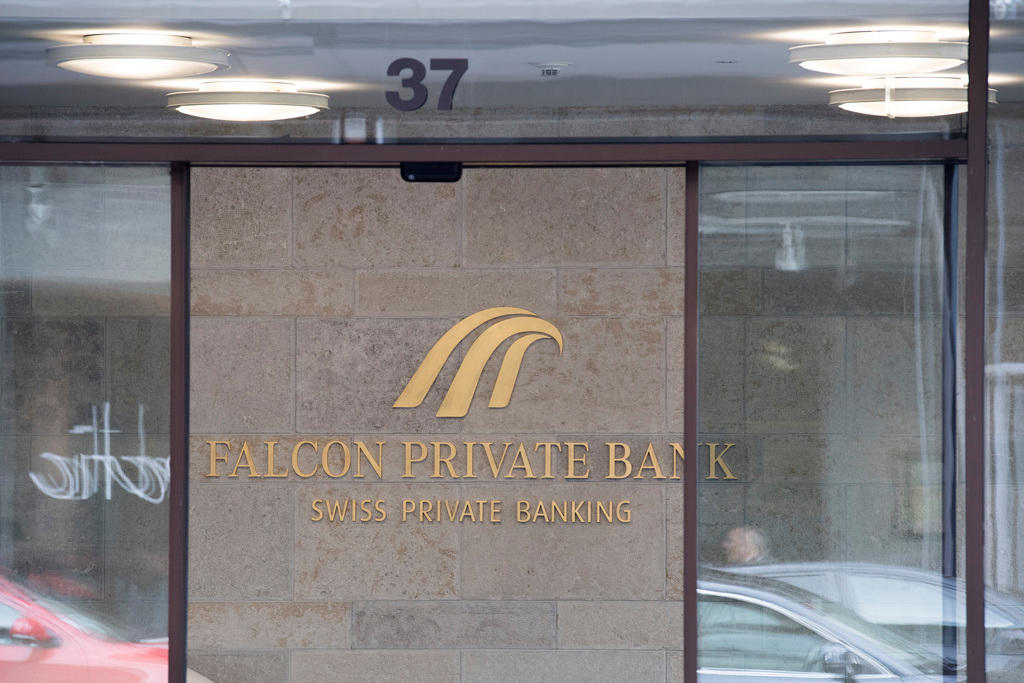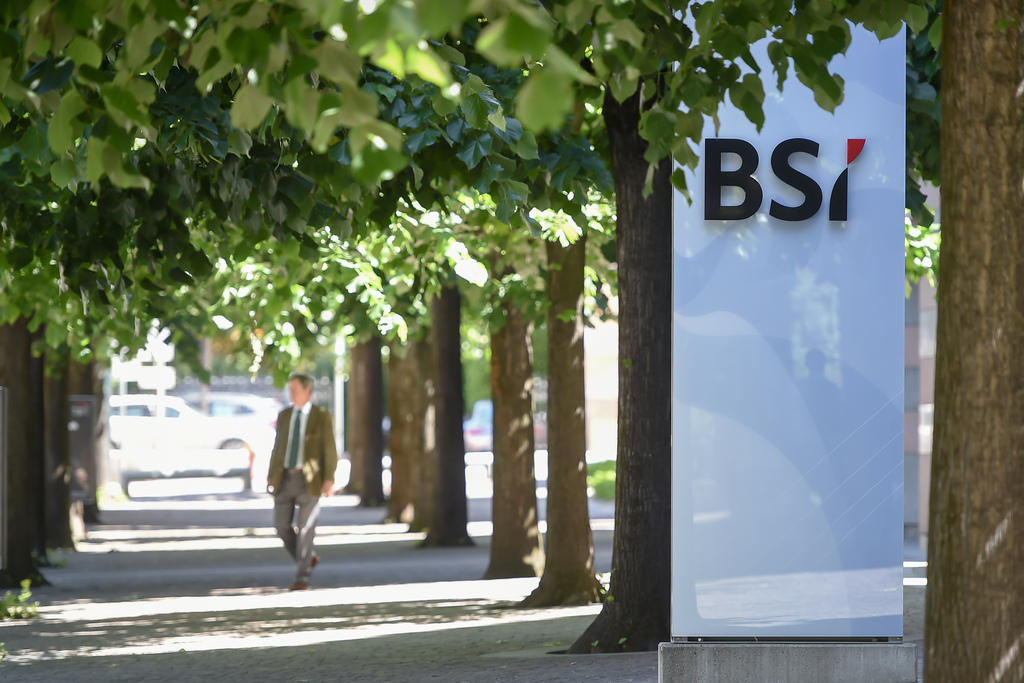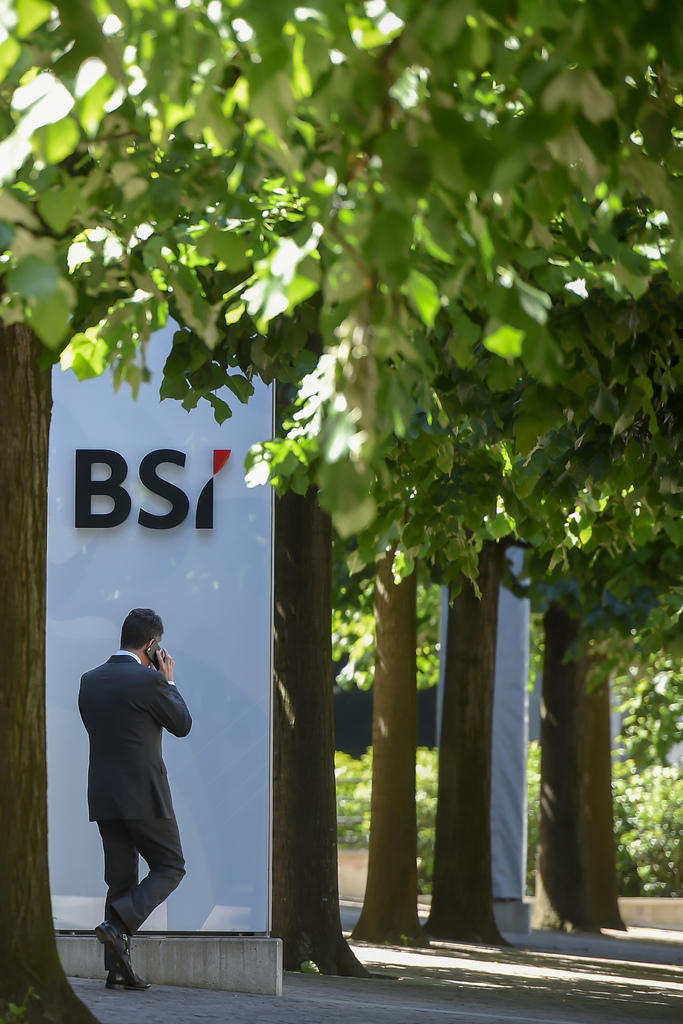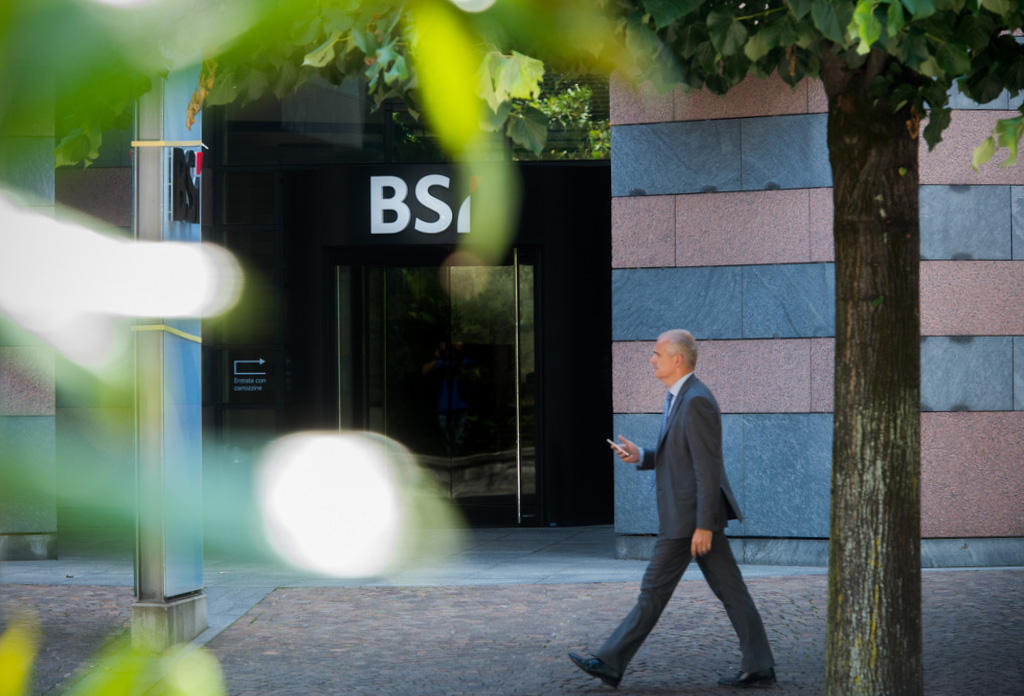Big fines for banks not effective, says FINMA head

According Mark Branson, head of the Switzerland’s financial regulatory body, FINMA, slapping big fines on banks guilty of money laundering is no guarantee of good behaviour.
In an interview published in the Sunday papers Le Matin Dimanche and Sonntags Zeitung on Sunday, Branson acknowledged the inability of FINMA to impose big fines on errant banks. For example, Falcon Bank, that was found guilty of diverting $3.8 billion (CHF3.76 billion) to discredited Malaysian investment fund 1MDB, was only required to return the profit of $2.5 million it made on the transaction.
Branson said that the risk of big fines will not dissuade banks from breaking the law.
“Some of our counterparts have handed down extremely high fines and yet violations have continued. And in the end, the fines are paid by shareholders and not by bank officials,” he said.
Branson denied that the Swiss regulator was going soft on banks by not imposing fines in the region of hundreds of millions like the US financial regulator, for example.
“However, we have the possibility to demand the restitution of profits or limiting their activities. In very serious cases, we can withdraw their banking license,” he said.
As far as Falcon Bank was concerned, Branson said that they were forbidden from taking on new accounts of Politically Exposed Persons (PEP) and procedures have been initiated against two former directors of the bank. He also revealed that Falcon Bank came within “a hair’s breadth” of losing its license.
The FINMA chief also added that since 2009, close to 30 Swiss bank employees had their licenses revoked for a period of up to five years.
High-risk banks
Branson also revealed that FINMA is keeping an eye on 15 Swiss banks that are particularly exposed to the risk of money laundering. According to him, these banks are specialised in wealth management and quite often, their clients are from emerging countries “where it is often difficult to trace the source of the money”.
These banks on the FINMA “red list” must provide additional information and their external auditors are required to increase the quality and quantity of surveillance. Branson refused to reveal the names of these 15 high-risk banks but said they included both big and small ones.
Conflict of interest?
Branson admitted that a conflict of interest exists between banks and the external auditors that are paid by them to flag up any dubious activity. He suggested that it would be better if FINMA appointed the external auditors instead of the banks themselves. Branson said that this would also be more cost effective, given that banks spend around CHF110 million for such audits.
Around 70 of FINMA’s employees are dedicated to preventing money laundering. Branson said that FINMA had enough resources and manpower to tackle money laundering in Switzerland.

In compliance with the JTI standards
More: SWI swissinfo.ch certified by the Journalism Trust Initiative



You can find an overview of ongoing debates with our journalists here. Please join us!
If you want to start a conversation about a topic raised in this article or want to report factual errors, email us at english@swissinfo.ch.